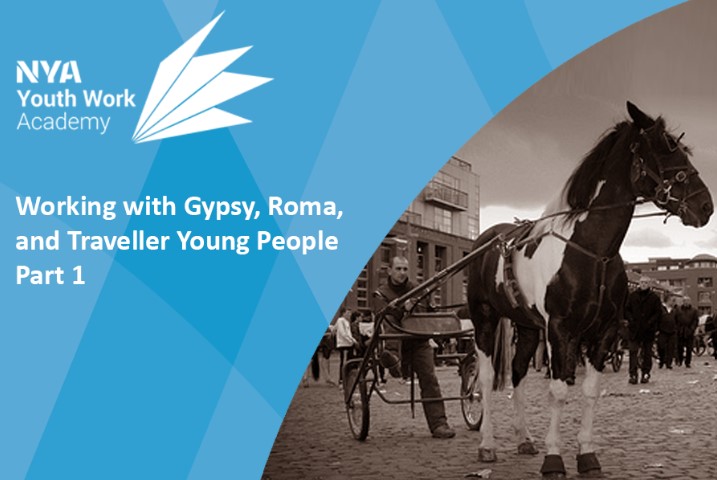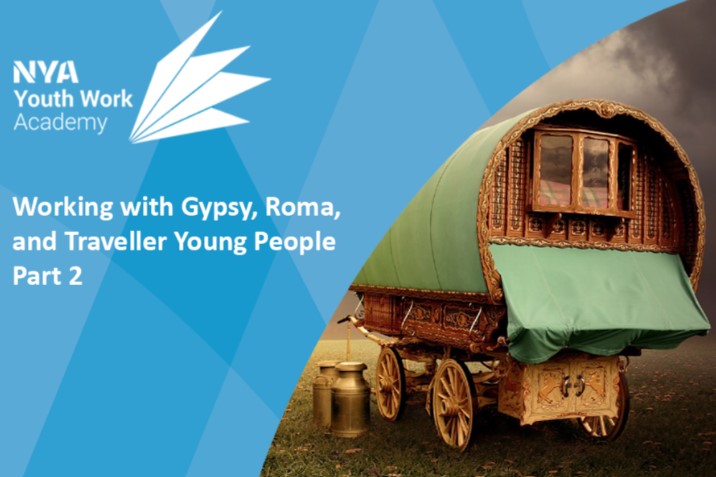
Photo by Surface
Building Trust, Stepping Together (2021-2022) - An evaluation of the online education work of Open Doors Education & Training with Gypsy, Roma & Traveller Communities. This evaluation report was carried out by the Centre for Race, Education, and Decoloniality at Leeds Beckett University in collaboration with Open Doors.
Tutors for Gypsies, Roma, and Travellers report (2020-2021) - This evaluation report outlines the successes and challenges of our pilot Tutors for GRT project in collaboration with Traveller Movement and Kings College.
In 2022 ODET partnered with the National Youth Agency to develop a CPD course for youth workers or any other professionals entitled ‘Working with Gypsy, Roma and Traveller Young People’. It includes case studies, useful templates, and a wealth of resources, helping you to provide meaningful, trusted, and inclusive services.
You can access the CPD Parts 1 and 2 on the National Youth Agency website at www.nya.org.uk/academy-cpd/


This toolkit aims to improve understanding and to support effective practice for those working with ethnic Gypsy, Roma and Traveller young people.
A peer lead research project to identify barriers and propose solutions for youth education, training and employment
Exploring why Gypsy, Roma and Traveller children experience the school to prison pipeline and how it can be interrupted
This video has been produced for the Greater London Authority’s Citizen Led Engagement project. 11 young Traveller peer researchers were trained in basic qualitative research skills and assisted in creating a questionnaire. The peer researchers interviewed forty-four 15 - 25-year-old Travellers in London about the barriers they have faced in education; these are their findings.
This short story is produced by the Traveller Movement in co-operation with members of the Gypsy, Roma and Traveller community and is based on real experiences.
This report outlines good practice in the education of Gypsy, Roma and Traveller (GRT) school children. It interviews schools, provides case studies, and includes an overview of the findings from Traveller Movement’s three-year education and advocacy project.
You can view a shorter version of this guide here.
This report sheds light on official school exclusions research through a detailed analysis of the Department for Education exclusions data: identifying trends in exclusion rates, reasons for exclusions and regional and local variations.
This report outlines the discussion and findings of the Traveller Movement's education roundtable held in the House of Lords on April 30th 2019.
A case study about our 'Tutors for GRT' project for the HEAR: Equality and Human Rights Network.
Report outlining the issues and barriers to achieving good educational outcomes in secondary school for Gypsy, Roma and Traveller pupils. The report includes case studies, policy analysis and key recommendations.
Report outlining Gypsy, Roma and Traveller access to Further Education: 14-16 provision, vocational qualifications, apprenticeships and A Levels.
Gypsy, Roma & Traveller discrimination discussed on Victoria Derbyshire Live.
See our sister organisation The Traveller Movement’s website for even more publications and resources.
Each June is Gypsy Roma and Traveller History Month (GRTHM). GRTHM was established in Britain in 2008 as a way to raise awareness of these communities and their contributions to society, and to offset negative stereotyping and prejudices. GRTHM takes place every June.
The aims of the GRTHM are to:
Since 2004 there has been a number of organisations lobbying for a national GRTHM. Lord Adonis Parliamentary Under Secretary of State for Schools gave his approval in October 2007.
Through activities and information in schools, museums, libraries and the media we will be able to challenge stereotypes, contribute to community cohesion and understand the contributions that the GRT community has made to British society. Please see our sister organisation Traveller Movement for excellent resources and good practice when promoting GRTHM in your school or organisation.
See The Traveller Movement website for more GRTHM resources and information.
This King’s College report explores why Gypsies, Roma and Travellers are underrepresented in higher education, including the barriers that inhibit their success throughout compulsory education and the specific factors which reduce their participation higher education.
This Impetus report highlights the importance of English and Maths GCSEs in particular for the difference they make to a young person’s future opportunities.
This Impetus report looks longer-term, at what happens when a young person becomes NEET, and how this affects disadvantaged young people compared to their better-off peers.
Article from the Guardian newspaper.
Article from the Irish Times.